Six hundred and fifty coffee producers benefit from fair trade through the Equal Exchange in Nicaragua, which has formed a group called Soppexcca. Communities have not only enhanced their standard of living but have also particularly improved the position of women in society.
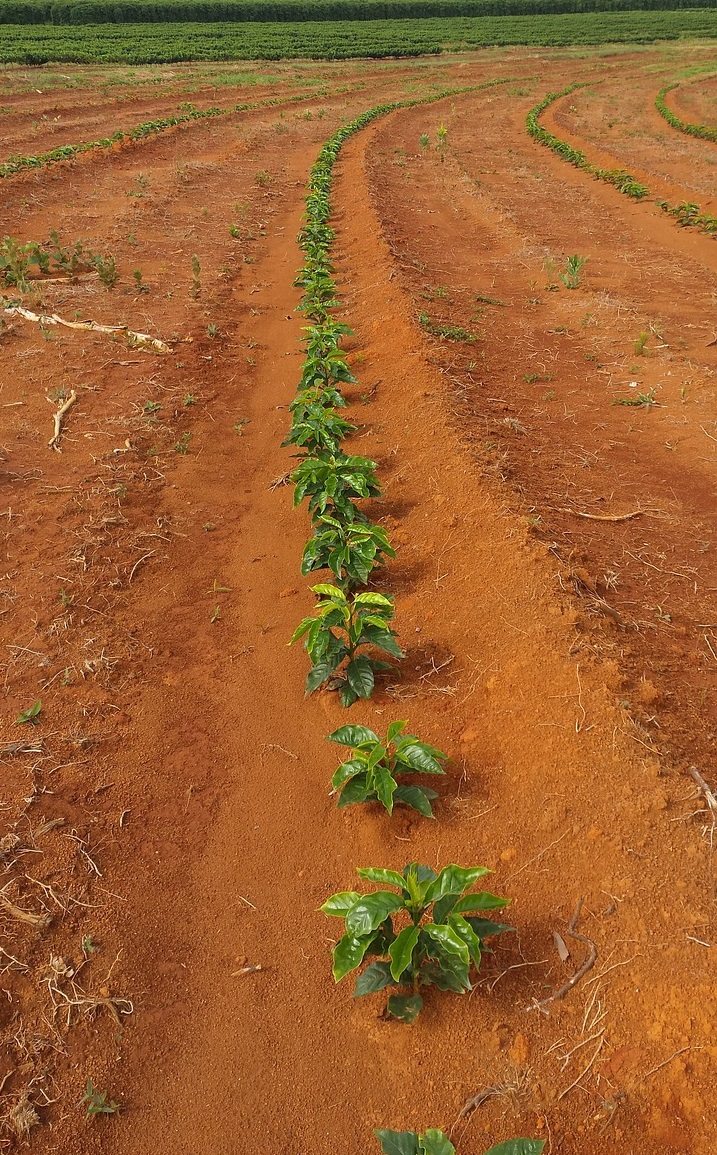 Cesar Amaya Sandino
Cesar Amaya Sandino
This Nicaraguan coffee producer and women’s rights campaigner says she believes that sexism is something that is instilled in people when they are young. “Women are expected to deal with women’s affairs and men with men’s.” It is still regarded that way in Nicaragua, she adds.
Born into a family of 14 brothers and sisters, she grew up moving from one place to the next. Her father was the “head” (foreman) on different ranches and her mother was a cook. Work was not steady, since no one owned productive land.
It was when she was 10 that she learned to read as a result of a literacy campaign launched by the Sandinista revolution. Then she moved to Managua, where she finished the 6th grade in 2006 in the adult education system. “I worked hard and I did it, even though at the same time I was bringing up a family,” she says proudly.
Indeed, this mother of five grew coffee with her husband Antonio in the 3.5 acres that he had bought, thanks to the land reform, before the couple had met. They started their own cooperative called “Los Alpes” and ended up joining the union, Unión de Cooperativas Agropecuarias, or Soppexcca.
Soppexcca, which had an inherited debt of $800,000, began a new phase in 1997 and has been successful in organising fair trade with cooperatives and producers, enabling it to pay off its debts as well as investing in projects promoting gender equality and development.
It is there where Norma became an owner and producer and where she started the long journey promoting women’s rights, and participating in meetings of the cooperative and within the community, thereby finding her true role in society.
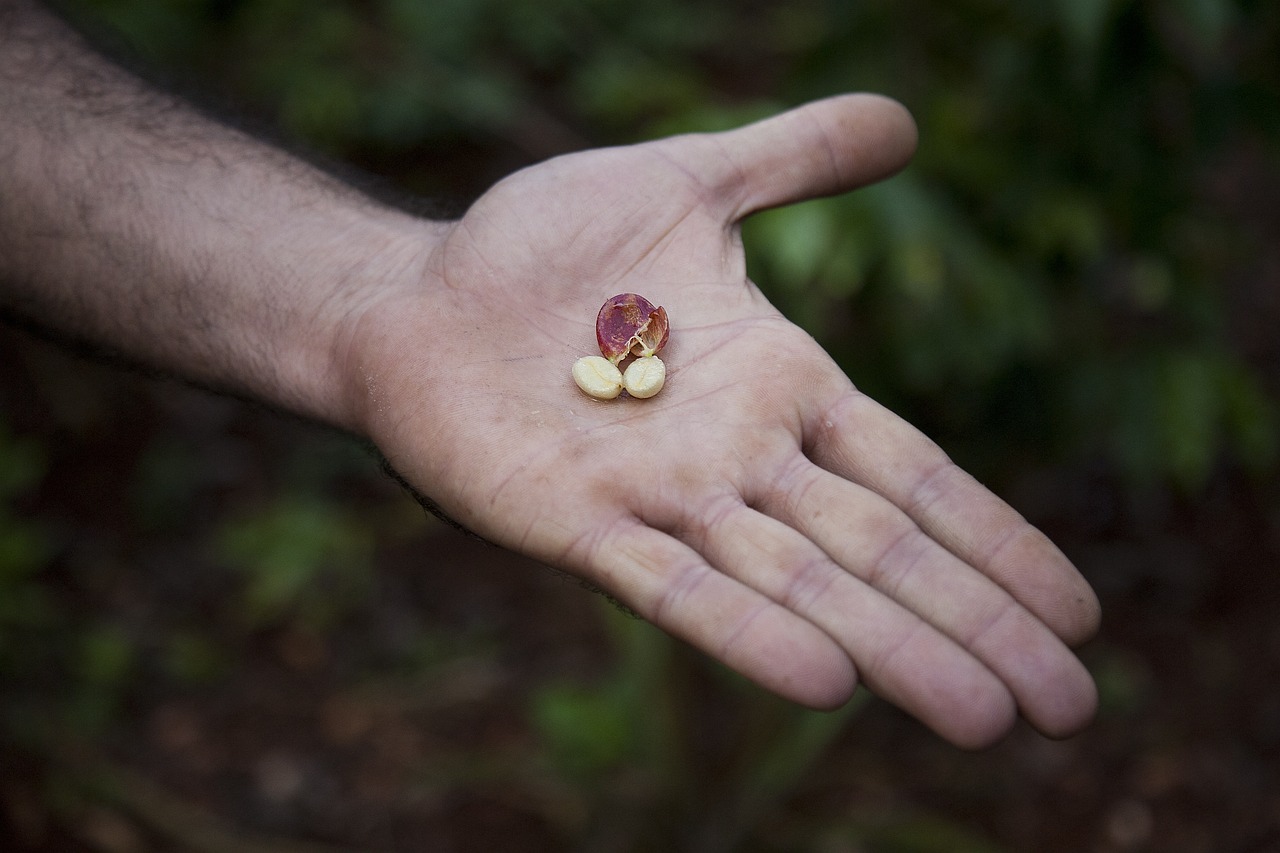 With the support of Soppexcca in Jinotega, northern central Nicaragua, projects were developed, such as “Flores del Café”, as well as others that deal with education, youth, environmental protection and gender policies.
With the support of Soppexcca in Jinotega, northern central Nicaragua, projects were developed, such as “Flores del Café”, as well as others that deal with education, youth, environmental protection and gender policies.
The most important thing is that it is the producers themselves who lead it.
Thanks to the “Nicaraguan Solidarity Campaign”, Norma has shared her experiences with people at different locations across the United Kingdom, and also with The Prisma.
What is the aim of Soppexcca?
It is aimed at integrating more members in the cooperative, through the fair trade programme, which makes people think: “at the local market products are sold for less and here they are paying me more”. It is aimed not only at integration, but also at benefiting individuals and the community.
What new ideas have this model brought forward compared to the traditional ways?
Soppexcca has been a model because it was the first organisation in Nicaragua to implement its gender policies working with the participation of the family unit in the cooperative, and also because of the generational shift which has driven the development forward. It has become a prestigious organisation given that it has launched social programmes for young people and youngsters, such as that of “Muchachitos del café” (Children of Coffee), which is being carried out with bonds from fair trade.
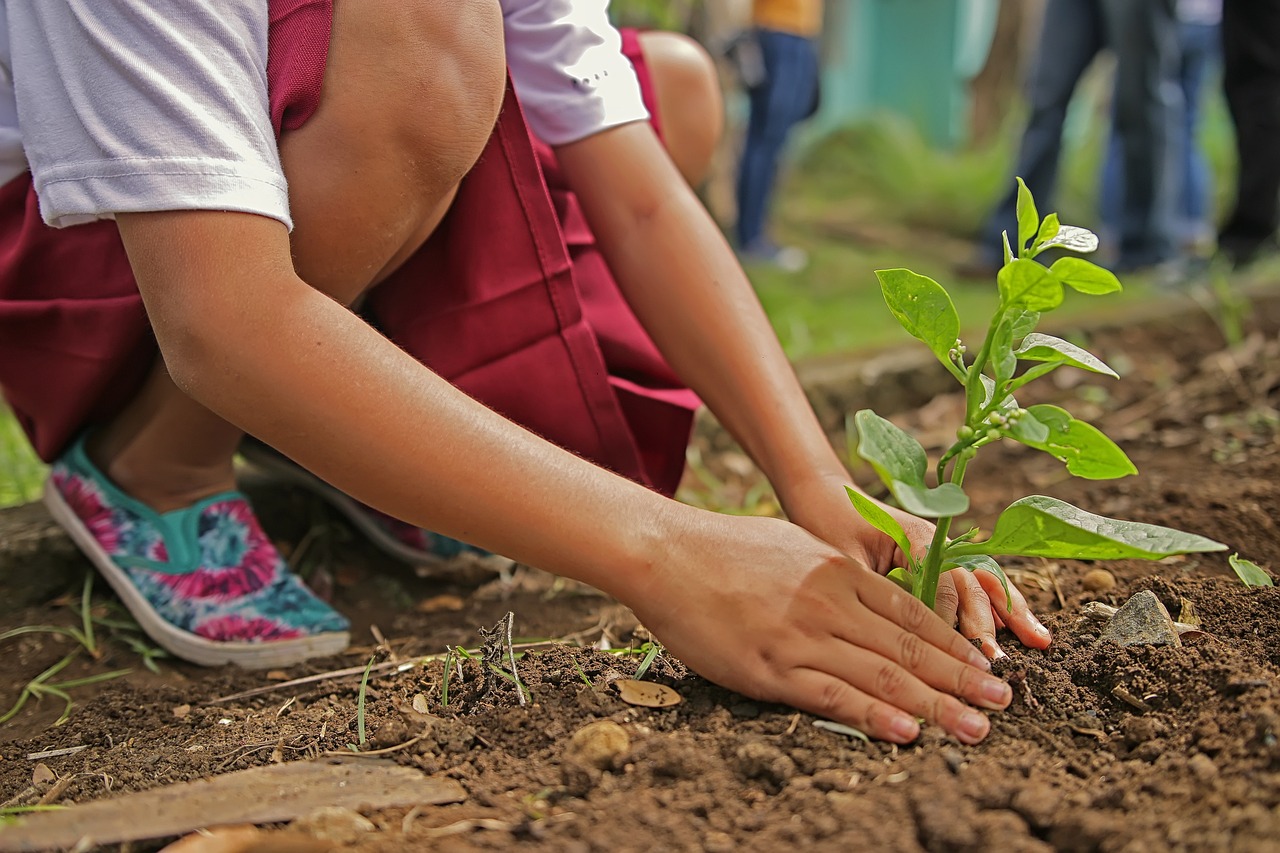 There are 36 women members and we all sell coffee to Soppexcca and for our work we receive a bond, which we decide as a group how to use.
There are 36 women members and we all sell coffee to Soppexcca and for our work we receive a bond, which we decide as a group how to use.
In regard to Soppexcca, they have representatives who carry out the distribution.
Gender and youth. What projects are there?
There are scholarship programmes so that the children of the members can study something that interests them.
In my case, my son likes English, so he received a scholarship and is studying. My niece is studying to be a nurse. Each one decides what they want to study and we support them.
These projects have led to development. How?
Where I live there was no school and through Soppexcca and bodies that supported us, we were able to build a school which takes pupils from first to sixth grade. Two bridges were also built with the help of Christian Aid because in winter the children found it hard to get to school.
How is it financed?
Through Soppexcca. I can create my own beneficio húmedo (places where the coffee is processed, washed, etc) and they give me an instalment plan with very low interest rates. They also give us four-year interest-free loans.
 When did this model of cooperatives emerge?
When did this model of cooperatives emerge?
The cooperative was founded by Augusto César Sandino in the 1930s, and since then it has worked in that way. Now the government is supporting this sector. Nicaragua is the country with the most cooperatives in Central America, with nearly 3,000.
Before the revolution there was a lot of land that was unoccupied and lying idle, but the revolution drove the land reform forward, giving land to people who had none, with the main idea being to grow coffee. This land reform issued deeds to the cooperatives, or at least to the cooperative of the “19 de Julio” (July 19th) which made people owners of this land.
Where is your coffee sold?
There is a buyer in the United States who has a brand of coffee called “La Hermana” (The Sister). At the beginning we had a direct payment that came to us personally and we decided what to invest in. Then it was decided we would invest it in a campaign for the prevention of cervical cancer, which affects a lot of women in Nicaragua. Three thousand five hundred women have benefited from this campaign and Soppexcca.
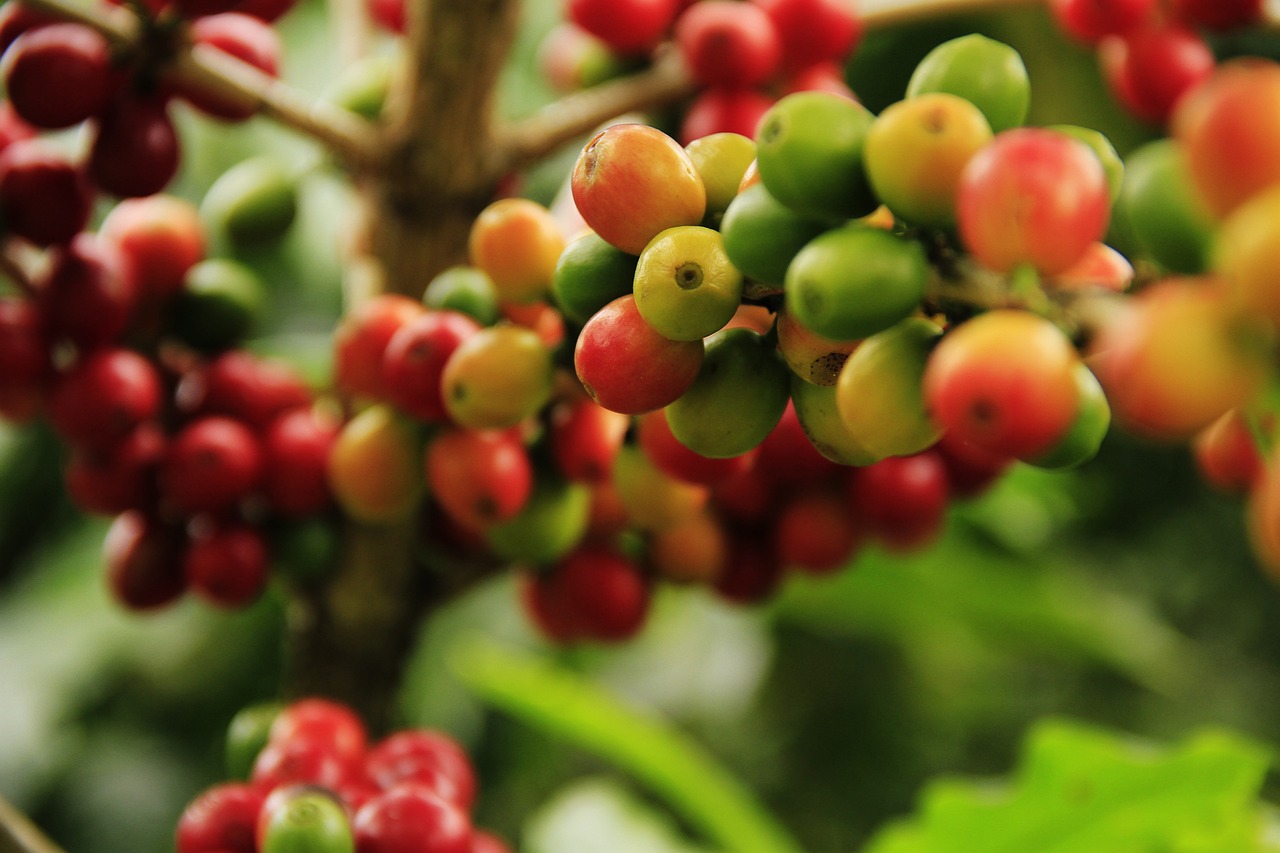 In which region in Nicaragua do they work?
In which region in Nicaragua do they work?
They have cooperatives in San Francisco de Lucero, La Virgen, las Cuchillas, Santa Isabel, Sierra Morena, Los Robles. Soppexcca has 18 agricultural cooperatives made up of 650 producers. Of these, 214 are women.
What is Flores del Café?
“Flores del Café” was founded between Soppexcca and Prodecoop, S.A. (Promoter of the Cooperative Development of las Segovias) with the aim of highlighting women’s rights and also to organise exchanges between cooperatives to establish the areas in which they have developed and those in which they have not. The idea is to improve as a whole.
What has been and what is now the role of women in Nicaragua?
Nowadays the role of women is to try to empower women to be leaders, and be women who can make their own decisions. That didn’t used to happen. It is about knowing our rights as women and also the types of violence that we have been – or still are – subjected to. We try to create campaigns to inform women so that they stop being afraid and can take part and be women; as we say, “able to deal with any situation”. It has changed a lot. I am one example. I never thought that I would be here telling you about my experiences as a woman.
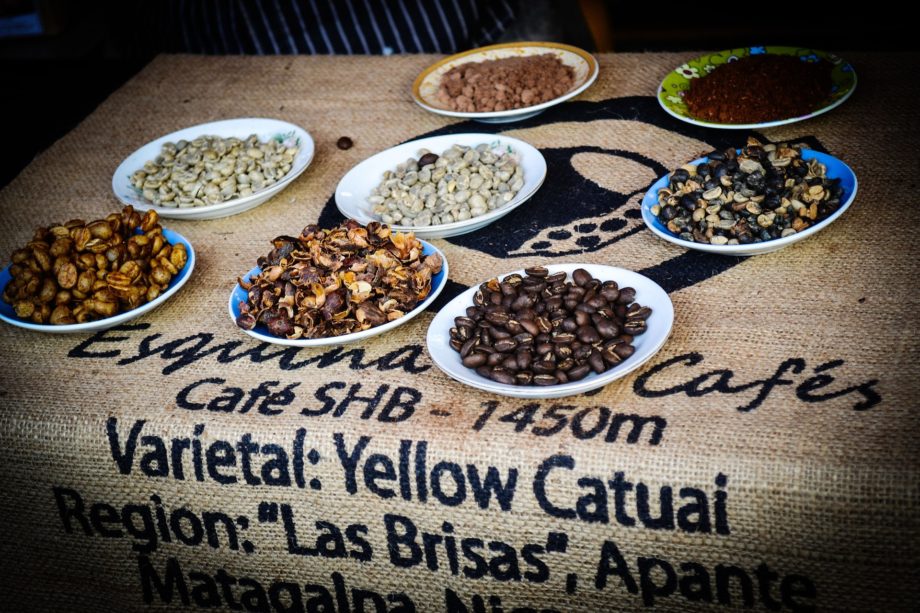 Are more gender related initiatives needed?
Are more gender related initiatives needed?
All the cooperatives are working on this. The government has implemented its own policy on gender. But yes, in the rural sector there are always problems because not all women take part, there are women who are still invisible.
When did you start to become aware of your role as a woman?
I started to work and become involved in the cooperative where I started to get paid to keep going and now I sell my coffee. So at that time I started to get involved, to succeed and become aware of everything. Now I know that I am a bit more in the public eye. As Nicaraguan women say: “We are not only here to look after our children and our man.”
What links are there with the United Kingdom?
We have the support of fair trade from the United Kingdom which is very important. Without it, I wouldn’t be here today.
What will you take away with you from your visit to the United Kingdom?
I have realised that there are a lot of fair trade products that are sold here. In Nicaragua in Soppexcca we are trying to produce cocoa. There is a factory run by the children of members that produces chocolate, so maybe in time this will be certified as fair trade too.
(Translated by Victoria Nicholls) – Photos: Pixabay












.jpg)












